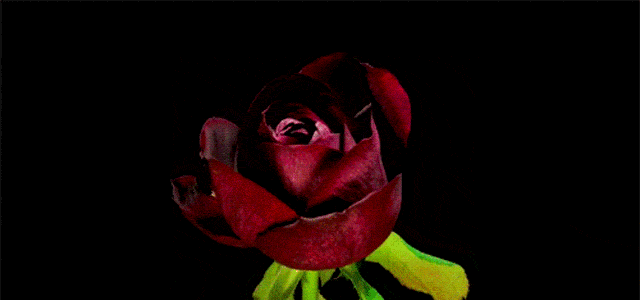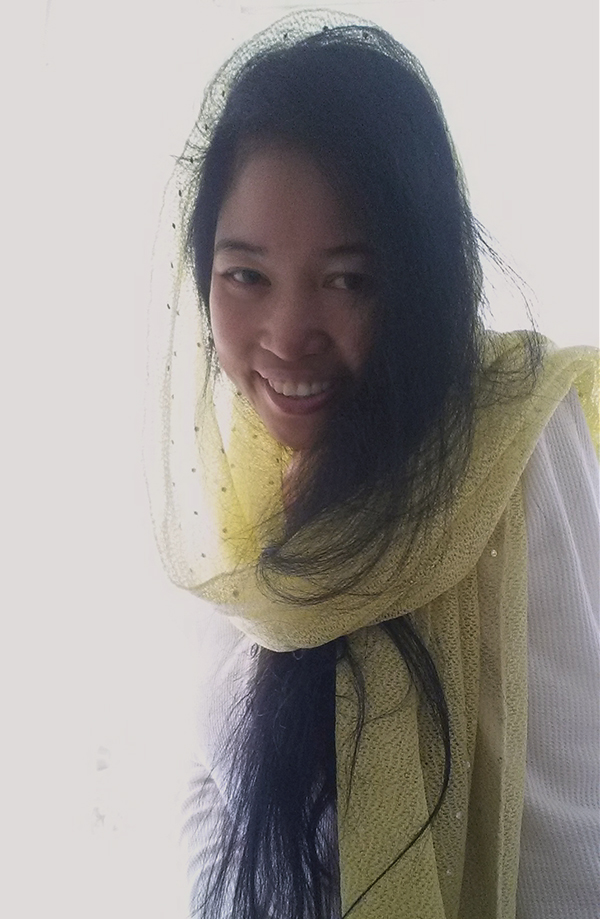-
I don’t regret, I choose to move on Comment April 13, 2015 -
Humans and dogs Comment April 13, 2015 -
In relationships Comment April 13, 2015 -
-
Similar objective Comment April 12, 2015“All of the different religious faiths, despite their philosophical differences, have a similar objective. Every religion emphasizes human improvement, love, respect for others, sharing other people’s suffering. On these lines every religion has more or less the same viewpoint and the same goal.”
“Those faiths that emphasize Almighty God and faith in and love of God have as their purpose the fulfillment of God’s intentions. Seeing us all as creations of and followers of one God, they teach that we should cherish and help each other. The very purpose of faithful belief in God is to accomplish His wishes, the essence of which is to cherish, respect, love, and give service to our fellow humans.”
“Love and kindness are the very basis of society. If we lose these feelings, society will face tremendous difficulties; the survival of humanity will be endangered. Together with material development, we need spiritual development so that inner peace and social harmony can be experienced. Without inner peace, without inner calm, it is difficult to have lasting peace. In this field of inner development religion can make important contributions.”
~Dalai Lama
-
Out of your smile will bloom a flower Comment April 12, 2015The only thing worthy of you is compassion –
invincible, limitless, unconditional.
Hatred will never let you face
the beast in man.One day, when you face this beast alone,
with your courage intact, your eyes kind,
untroubled
(even as no one sees them),
out of your smile
will bloom a flower.by Thich Nhat Hanh
-
Healing Hatred Comment April 12, 2015By His Holiness the Dalai Lama
The destructive effects of hatred are very visible, very obvious and immediate. For example, when a strong or forceful thought of hatred arises, at that very instant it overwhelms one totally and destroys one’s peace and presence of mind. When that hateful thought is harboured inside, it makes one feel tense and uptight, and can cause loss of appetite, leading to loss of sleep, and so forth.
If we examine how anger or hateful thoughts arise in us, we will find that, generally speaking, they arise when we feel hurt, when we feel that we have been unfairly treated by someone against our expectations. If in that instant we examine carefully the way anger arises, there is a sense that it comes as a protector, comes as a friend that would help our battle or in taking revenge against the person who has inflicted harm on us. So the anger or hateful thought that arises appears to come as a shield or a protector. But in reality that is an illusion. It is a very delusory state of mind.
Chandrakirti states in Entry into the Middle Way that there might be some justification for responding to force with force if revenge would help one in any way, or prevent or reduce the harm which has already been inflicted. But that is no the case because if the harm, the physics. injury or whatever, has been inflicted, it has already taken place. So taking revenge will not in any way reduce or prevent that harm or injury because it has already happened.
On the contrary, if one reacts to a situation in a negative way instead of in a tolerant way, not only is there no immediate benefit, but also a negative attitude and feeling is created which is the seed of one’s future downfall. From the Buddhist point of view, the consequence of taking revenge has to be faced by the individual alone in his or he future life. So not only is there no immediate benefit, it is harmful in the long run for the individual.
However, if one has been treated very unfairly and if the situation is left unaddressed, it may have extremely negative consequences for the perpetrator of the crime. Such a situation calls for a strong counteraction. Under such circumstances, it is possible that one can, out of compassion for the perpetrator of the crime and without generating anger or hatred, actually take a strong stand and take strong countermeasures. In fact, one of the precepts of the Bodhisattva vows is to take strong countermeasures when the situation calls for it. If a Bodhisattva doesn’t take strong countermeasures when the situation requires, then that constitutes an infraction of one of the vows.
In addition, as the Entry into the Middle Way points out, not only does the generation of hateful thoughts lead to undesirable forms of existence in future lives, but also, at the moment that strong feelings of anger arise, no matter how hard one tries to adopt a dignified pose, one’s face looks rather ugly. There is an unpleasant expression, and the vibration that the person sends is very hostile. People can sense it, and it is almost as if one can feel steam coming out of that person’s body. Indeed not only are human beings capable of sensing it, but pets and other animals also try to avoid that person at that instant.
If we examine how anger or hateful thoughts arise in us, we will find that, generally speaking, they arise when we feel hurt, when we feel that we have been unfairly treated by someone against our expectations.
These are the immediate consequences of hatred. It brings about a very ugly, unpleasant physical transformation of the individual. In addition, when such intense anger and hatred arise, it makes the best part of our brain, which is the ability to judge between right and wrong and assess long-term and short-term consequences, become totally inoperable. It can no longer function. It is almost as if the person had become crazy. These are the negative effects of generating anger and hatred. When we think about these negative and destructive effects of anger and hatred, we realise that it is necessary to distance ourselves from such emotional explosions. Insofar as the destructive effects of anger and hateful thoughts are concerned, one cannot get protection from wealth; even if one is a millionaire, one is subject to these destructive effects of anger and hatred. Nor can education guarantee that one will be protected from these effects. Similarly, the law cannot guarantee protection. Even nuclear weapons, no matter how sophisticated the defence system may be, cannot give one protection or defend one from these effects. The only factor that can give refuge or protection from the destructive effects of anger and hatred is the practice of tolerance and patience.
-
Simplicity is extremely important Comment April 12, 2015If one’s life is simple, contentment has to come. Simplicity is extremely important for happiness. Having few desires, feeling satisfied with what you have, is very vital: satisfaction with just enough food, clothing, and shelter to protect yourself from the elements. And finally, there is an intense delight in abandoning faulty states of mind and in cultivating helpful ones in meditation. ~Dalai Lama
-
This too shall pass… Comment April 12, 2015The way to live in the present is to remember that “This too shall pass.” When you experience joy, remembering that “This too shall pass” helps you savor the here and now. When you experience pain and sorrow, remembering that “This too shall pass” reminds you that grief, like joy, is only temporary. ~Joey Green
-
Dogs have 13 blood types Comment April 11, 2015















